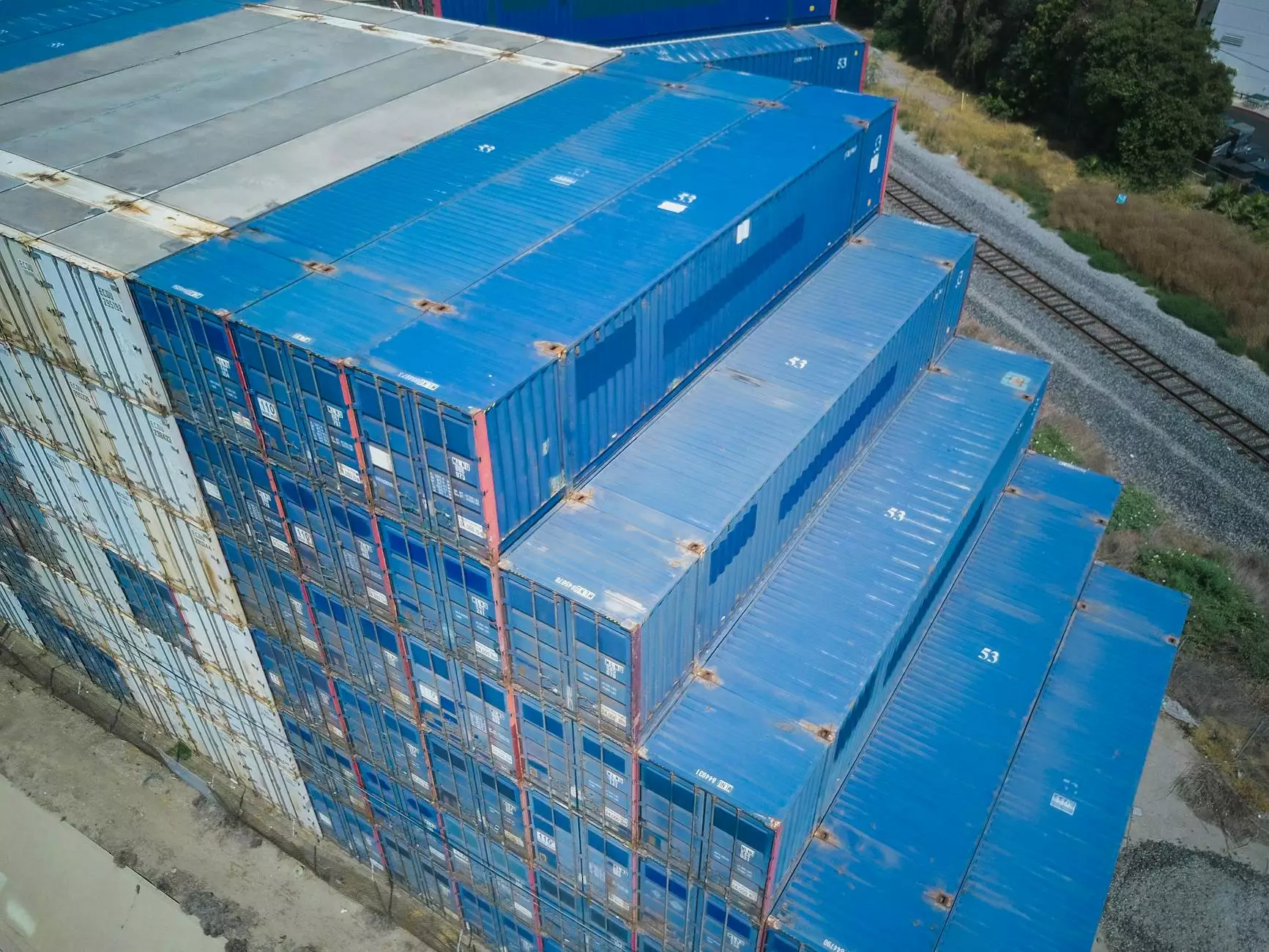Pfas in Water Filter: Understanding and Solutions for Clean Water

Water is crucial for our survival, yet the quality of the water we consume can often be compromised by numerous contaminants, including PFAS (Per- and polyfluoroalkyl substances). Understanding PFAS in water filters is essential for ensuring safe drinking water. This article delves into what PFAS are, the risks they pose, how they contaminate water sources, and effective purification strategies available today.
What are PFAS?
PFAS refers to a group of over 4,700 synthetic chemicals that have been widely used since the 1950s in various industries. They are commonly found in products that resist heat, oil, and water. Due to their unique properties, PFAS have been utilized in:
- Non-stick cookware (like Teflon)
- Water-resistant clothing
- Stain-resistant carpets
- Food packaging (such as microwave popcorn bags)
- Firefighting foams used at airports and military bases
Unfortunately, PFAS chemicals are persistent in the environment and human body, earning them the nickname “forever chemicals.” They do not break down easily, leading to long-term exposure risks.
How do PFAS Contaminate Water Sources?
PFAS can enter drinking water sources through various pathways, including:
- Industrial Discharges: Factories can release PFAS into waterways through wastewater.
- Aqueous Film Forming Foam (AFFF): Firefighting foam used at military bases and airports can leach PFAS into soil and groundwater.
- Landfill Runoff: Landfills that contain PFAS-laden materials can lead to contaminated runoff.
- Stormwater Drainage: Urban areas with a lot of impervious surfaces can accumulate PFAS, which then runs off into local water supplies.
Research has shown that even low levels of PFAS can have detrimental effects on health, making them a significant concern for water quality and public health.
Health Risks Associated with PFAS
Exposure to PFAS has been linked to numerous health issues, which include:
- Immune System Effects: PFAS can interfere with the development of antibodies, reducing vaccine effectiveness.
- Hormonal Disruption: These chemicals can disrupt thyroid hormone levels, affecting metabolism and growth.
- Increased Cholesterol Levels: PFAS exposure has been associated with elevated cholesterol.
- Developmental Issues: Pregnant women exposed to PFAS may risk developmental delays in their children.
- Cancers: Some studies suggest an increased risk of certain cancers, such as kidney and testicular cancer.
Due to these potential health risks, addressing the presence of PFAS in drinking water is crucial for protecting public health.
The Importance of PFAS Water Filters
Given the dangers posed by PFAS, having an effective water filter system is more critical than ever. Not all water filters are created equal, and it’s essential to choose systems specifically designed to remove PFAS from drinking water. Here’s why PFAS water filters are important:
- Safety: Removing PFAS from drinking water drastically lowers the risk of exposure to harmful chemicals.
- Health Assurance: Effective filtration systems contribute to the overall well-being of individuals and families.
- Peace of Mind: Knowing your water is free of contaminants gives you peace of mind regarding what you and your family are consuming.
- Regulatory Compliance: Some regions have set limits on PFAS levels in public drinking water. Effective filtration ensures compliance and safety.
Types of Water Filters that Remove PFAS
When considering PFAS in water filters, it's crucial to understand the types of filtration methods available that have been proven to be effective against these pollutants:
Activated Carbon Filtration
Activated carbon filters are one of the most common methods for removing PFAS from water. These filters work by adsorbing contaminants onto the surface of the carbon. However, not all activated carbon filters are equally effective; look for those specifically certified for PFAS removal.
Reverse Osmosis
Reverse osmosis (RO) systems employ a semipermeable membrane to separate contaminants from water. RO systems have been shown to effectively significantly reduce PFAS levels, making them a popular choice for residential water purification.
Ion Exchange Resins
Ion exchange resins can effectively soften water and remove heavy metals and PFAS. These systems use charged resin beads to capture and remove unwanted ions from water, including PFAS.
Filtration Systems with Advanced Technology
Some systems incorporate multiple technologies, such as UV light along with activated carbon, to provide comprehensive purification. These systems tend to be more expensive, but their effectiveness can offer superior protection against PFAS and other contaminants.
Choosing the Right PFAS Water Filter
Selecting the right water purification service for PFAS removal requires consideration of several factors:
- Certification: Ensure the filter is certified by organizations like NSF/ANSI for PFAS reduction.
- Flow Rate: Consider how quickly the system can deliver purified water to your household.
- Maintenance: Some filters require regular cartridge changes, while others may need more extensive maintenance.
- Cost: Evaluate both the upfront costs of the system and the lifetime cost of maintenance and replacement filters.
- Professional Installation: Some systems may require professional installation, which should be factored into overall costs.
Why Choose Waterverzachter Aqua Group?
At waterverzachteraquagroup.be, we specialize in providing reliable and effective water purification services tailored to your specific needs. Here are a few reasons to choose our services:
- Experienced Professionals: Our team consists of experts with extensive knowledge in water purification, ensuring you receive the best advice and solutions.
- Customized Solutions: We assess your specific needs to recommend the most effective water filtration system for PFAS removal.
- Quality Assurance: We only provide systems that have been tested and certified for effectiveness against PFAS and other harmful contaminants.
- Ongoing Support: Our services include installation, maintenance, and support, ensuring your system operates at peak performance.
- Commitment to Health: We are devoted to helping you achieve clean, safe drinking water that promotes health and well-being.
Conclusion
Understanding the implications of PFAS in water filters is vital for making informed decisions about water purification. With growing concerns surrounding water quality, investing in effective filtration solutions is more important than ever. The right filtration system not only safeguards your health but also contributes to a safer community. At waterverzachteraquagroup.be, we are committed to providing solutions that ensure you and your loved ones have access to clean, safe water. Don’t compromise on your health; choose the best for your family and community.









